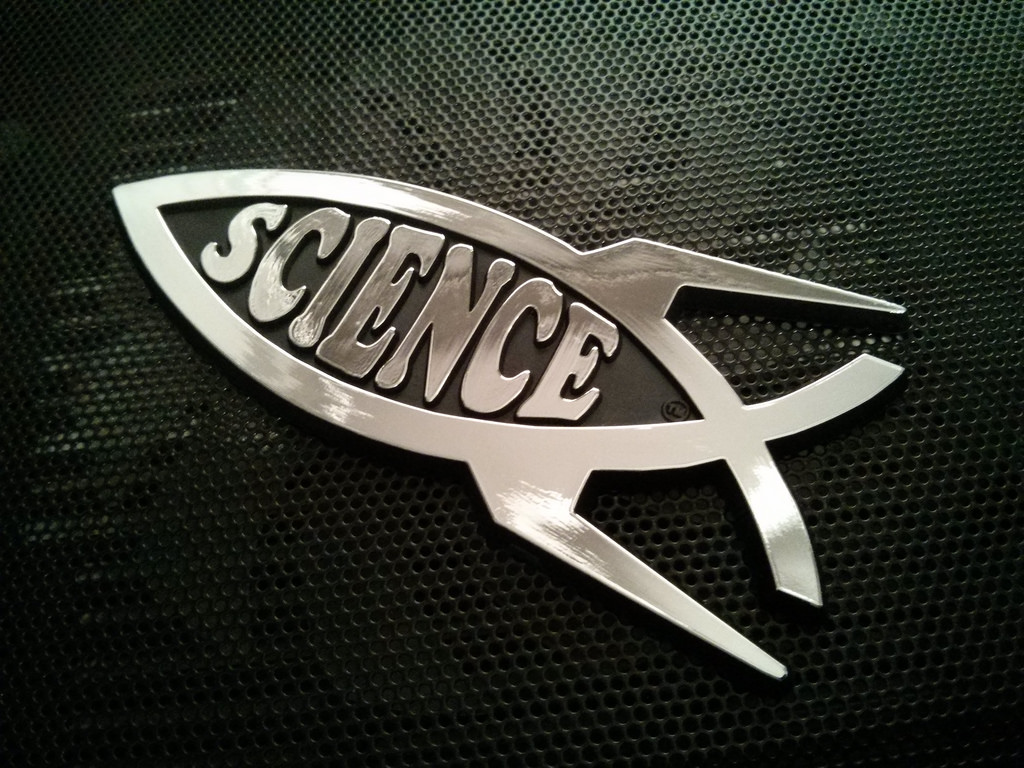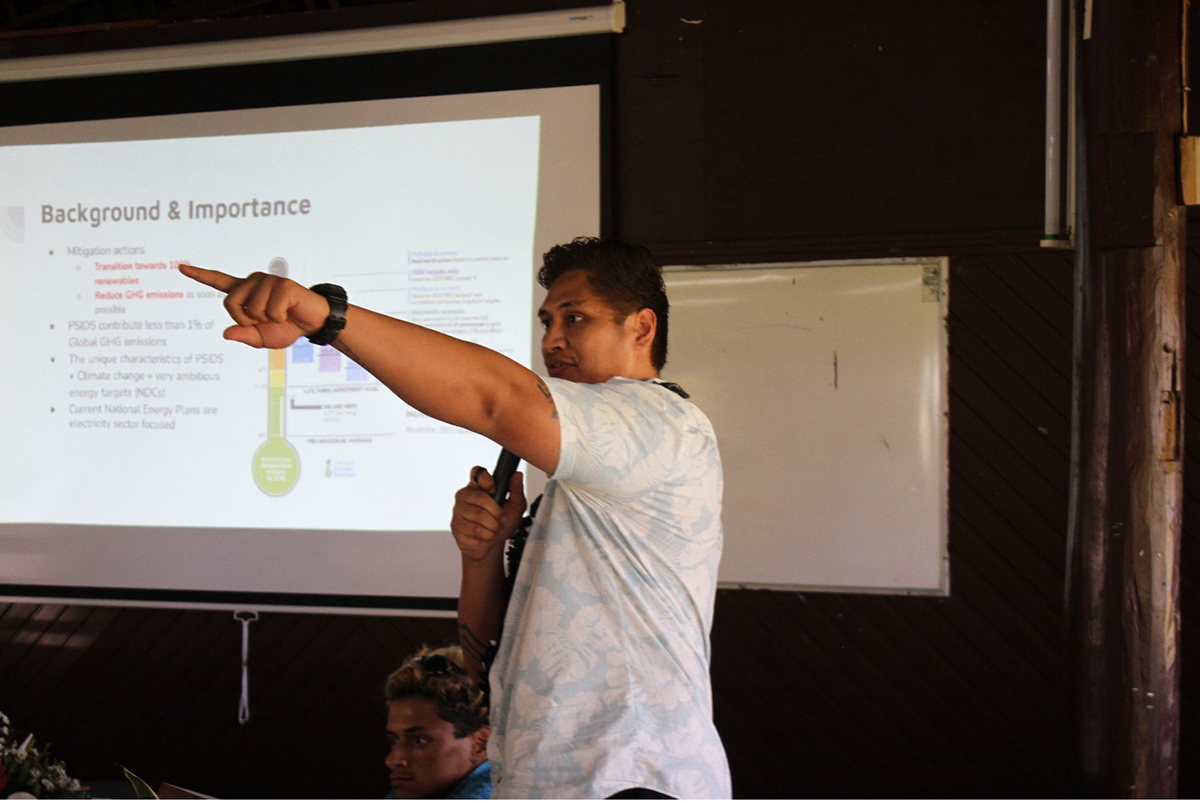“Brain before Bible: interview with a Reverend”
October 11 Craig Dixon, aka Juleus Ghunta, 29, a Commonwealth Correspondent from Jamaica, met with The Reverend Sean Major–Campbell, a controversial leader who washes the feet of gays and urges the government to ignore religion in crafting laws. His work covers a wide range from crime, to corruption, to climate change, to Cartesian scepticism.
Craig Dixon, aka Juleus Ghunta, 29, a Commonwealth Correspondent from Jamaica, met with The Reverend Sean Major–Campbell, a controversial leader who washes the feet of gays and urges the government to ignore religion in crafting laws. His work covers a wide range from crime, to corruption, to climate change, to Cartesian scepticism.
Juleus Ghunta: The most developed countries in the world are also the most secular. Is there a correlation? And what does this say about the prominence and influence of Christian fundamentalism in Jamaica?
Reverend Sean Major-Campbell: It seems evident that a secular government is better for a pluralistic society. In such a society the democratic political theory prevails as opposed to a theocratic perspective. It is only under a democratic political process that everyone will be respected and protected. If it is a theocracy, any of the religious groups will try to be in the superior position as we see in American right wing politics. It is about ‘my position’ versus recognising an equal place for everybody’s perspective.
What we need for Jamaica to achieve its development goals is for the political leaders to lead. When the Jamaican government in the ’70s saw the need to declare that children should not be discriminated against based on whether or not they were born in or out of wedlock, they stopped it. When they were taking that decision they didn’t quarrel with the church, they simply made the decision. That’s leadership.
JG: I find that Christianity as it is practised here is harmful in many ways but especially because it is largely anti–intellectual. It fosters a kind of incuriosity that is antithetical to personal growth/development.
SM-C: Anybody can be a pastor in Jamaica. All you have to say is that God called you. I could not put up a sign outside and say I’m a lawyer or physician because the Holy Spirit has called me. But without even entry level qualifications I could put up a sign that says ‘minister of religion’ and people would come to me. People’s lives and mental health are being destroyed by pastors who do not understand sociology or best practices in relation to psychology and human sexuality, who are using Bible verses to condemn and counsel people.
JG: Richard Dawkins says that religion teaches people to be satisfied with not understanding the world. You see much evidence of this in Jamaica?
SM-C:There is value to what he is saying. Many Christians believe that it is best to suspend reason if they don’t have an answer to a question. There is so much to be understood about the biological sex, the continuum of sexual expression, gender identity and diversity.
It is important to note that the tradition of religious faith is not the scientific method. It is not familiar with a lot of things that science has brought to the fore. But skeptics should recognise that because the demographic of those who follow religion is such a large one we can’t rubbish it. We have to have conversations with it.
JG: I wonder what conversations religious people are having about Religious Trauma Syndrome. I’d like to know what you think of the view that religion is a form of child abuse.
SM-C: We have many children, many young people who are regurgitating the harmful messages that they have taught. People are socialised to fear the pursuit of knowledge. The Bible is a substitute for their brain. We were given the brain before the Bible. It is one thing to hold a theological and moral perspective that is different from others. It is another thing to be saying if your position is different from mine then you ought to be criminalised.
JG: I have—as a straight man—experienced years of homophobic aggression including having been forced into early sexual activities to prove my ‘straightness’. The negative effects of this still affect me today. How do you respond to those who say the Bible clearly condemns homosexual acts?
SM-C: The Bible clearly says you shouldn’t shave your face. The Bible clearly says you shouldn’t wear a piece of garment with different fabrics. You will find all of this and the condemnation of homosexuality in the same chapter in Leviticus. It is very important to note that the Bible did not know what we now understand about human sexuality. In the Bible epilepsy was demon possession. We now know that this is a diagnosed ailment which is treatable. The Bible is not a monolithic text. It has many contradictions, different cultures, perspectives and writers who wrote with their biases. A lot of the texts that are used against homosexuality are about violence, not what in 2017 people are asking for, which is recognition of their right to love and marry who they want.
Reverend Sean Major-Campbell is the rural dean of Kingston, justice of the peace, a human rights advocate and rector of Christ Church in Vineyard Town, Kingston. He earned a BA in Theology from the University of the West Indies, Mona and an MA in Psychology and Counseling from St. Stephen’s College.
photo credit: steevithak Science Fish via photopin (license)
………………………………………………………………………………………………………
About me: I am a poet, social advocate and recipient of a Chevening Scholarship. I am pursuing a Master of Arts in Peace Studies at the University of Bradford. Twice shortlisted for the Small Axe Poetry Prize, my poetry on abuse and trauma has appeared in several journals including The Missing Slate, Easy Street, Spillway, Pittsburgh Poetry Review and Interviewing the Caribbean, and has been anthologised in Cordite 81: New Caribbean Writing and In This Breadfruit Kingdom. My picture book, Tata and the Big Bad Bull, will be published by CaribbeanReads in 2018. I received Jamaica’s Prime Minister’s Youth Award for Excellence for youth advocacy.
………………………………………………………………………………………………………
Opinions expressed in this article are those of the author and do not necessarily represent the views of the Commonwealth Youth Programme. Articles are published in a spirit of dialogue, respect and understanding. If you disagree, why not submit a response?
To learn more about becoming a Commonwealth Correspondent please visit: http://www.yourcommonwealth.org/submit-articles/commonwealthcorrespondents/




